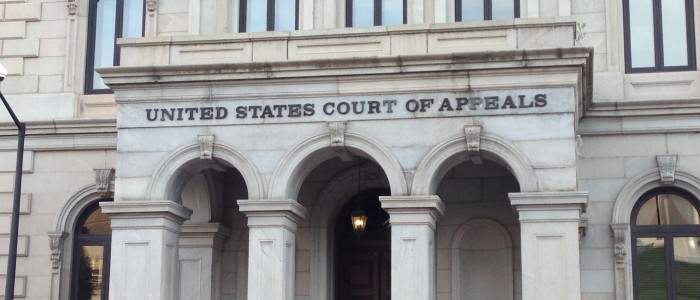Federal Compassionate Release Full Steam Ahead with McCoy Decision

In recent decades, there has existed a resounding finality to federal prison sentences. Once a sentence was imposed – no matter how unfair it may have been – it was virtually impossible to get it reduced. Federal law often tied the hands of judges, and forced them to impose punishment that was vastly disproportionate to the crime.
In recent months, however, a crack has emerged in the façade of federal sentencing laws. Under the broad category of “compassionate release,” pursuant to 18 U.S.C. § 3582(c)(1)(A) and the First Step Act, courts are increasingly asserting the authority to look back at old cases and reduce some of the most egregious and unfair sentences for federal prisoners.
On December 2, 2020, the Fourth Circuit continued this trend with its important opinion in United States v. McCoy, thereby joining three other circuits that have allowed for a broadened interpretation of compassionate release. These rulings are critical for any federal inmate who is serving an long sentence, as they offer a possible path to early release. It is a path that simply did not exist a year ago.
Technically, McCoy and the other cases (in the Second, Sixth and Seventh circuits) broaden compassionate release by taking the decision-making process out of the hands of the Bureau of Prison and allowing inmates to file for compassionate release in the federal court where they were sentenced. The new cases say that it is up to a federal judge (and not exclusively the Bureau of Prisons) to determine what constitutes “extraordinary and compelling reasons” to grant a sentence reduction.
In the case of Thomas McCoy, he had pleaded guilty to two counts of armed robbery. Even though he was 19 years old at the time of the offense, with only one prior conviction for reckless driving, the federal judge had no choice but to sentence him to a mostly mandatory sentence of more than 35 years in prison.
After serving 17 years, McCoy petitioned the U.S. District Court for the Eastern District of Virginia for compassionate release, arguing that, had he been sentenced today, under the looser sentencing structure of the First Step Act, he would have received a much more lenient sentence (probably about 200 months less). The judge agreed, reducing the sentence to time served and releasing McCoy from prison. After the U.S Attorney’s Office appealed, the Fourth Circuit affirmed what the district judge had done, and endorsed the authority of federal judges to determine what constitutes “extraordinary and compelling reasons” and grant compassionate release.
It should be noted that, unlike other compassionate release cases, McCoy did not seek early release based on preexisting health problems and the danger of COVID-19, which is an entirely different line of compassionate release cases. (Read more about this type of compassionate release HERE). Rather, McCoy’s petition was based on the unfairness and extreme nature of his sentence.
Federal inmates who may have a claim like McCoy’s for compassionate release should act fast. One troubling aspect of these new cases is that they suggest a future role by the U.S. Sentencing Commission in offering guidance as to what factors would justify “extraordinary and compelling reasons” to grant compassionate release. If history is any indication, the Sentencing Commission is likely to take a very narrow view of this, and could potentially foreclose judges from exercising the wide discretion they currently have in the Second, Fourth, Sixth and Seventh circuits.
Note: Brown Law handles compassionate release cases. Please contact us for more information.
